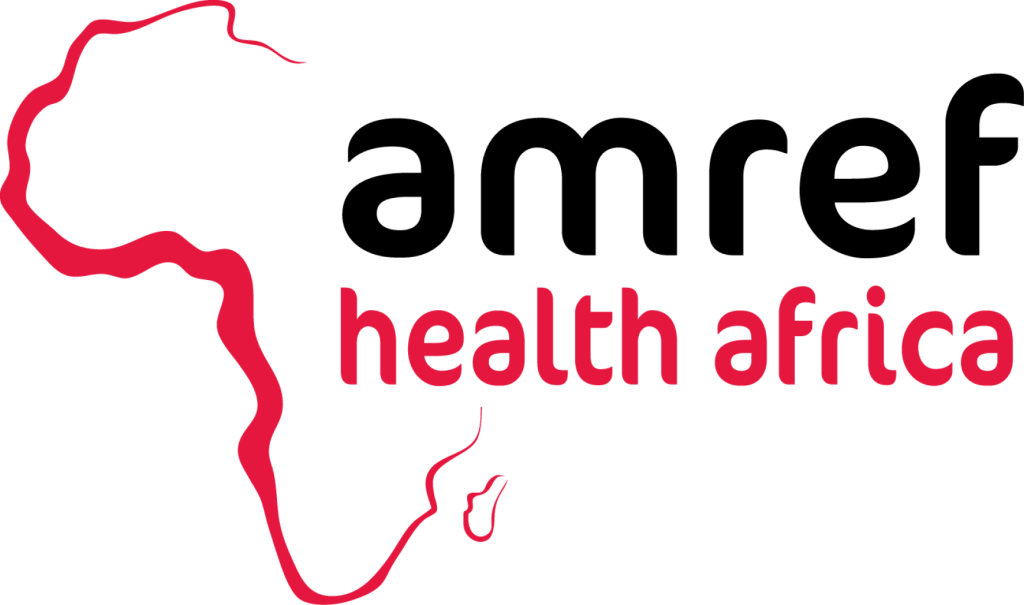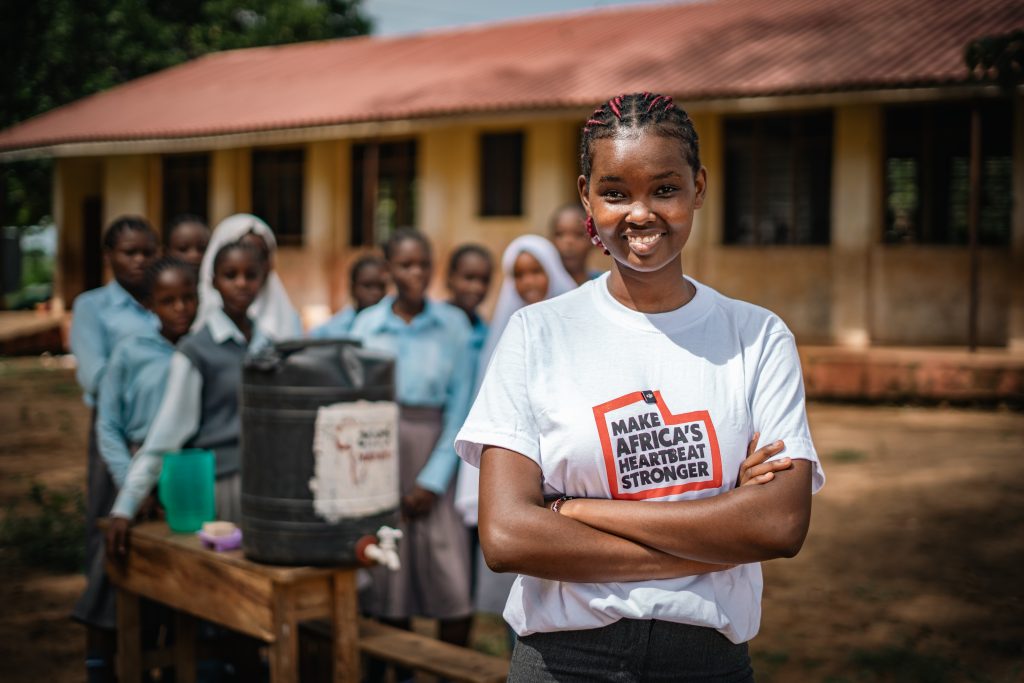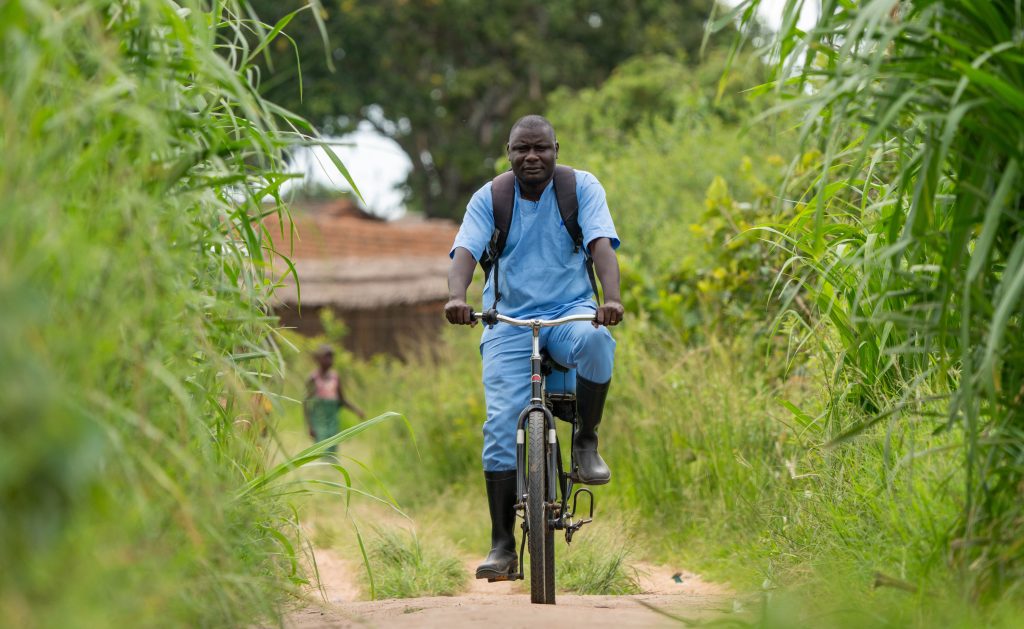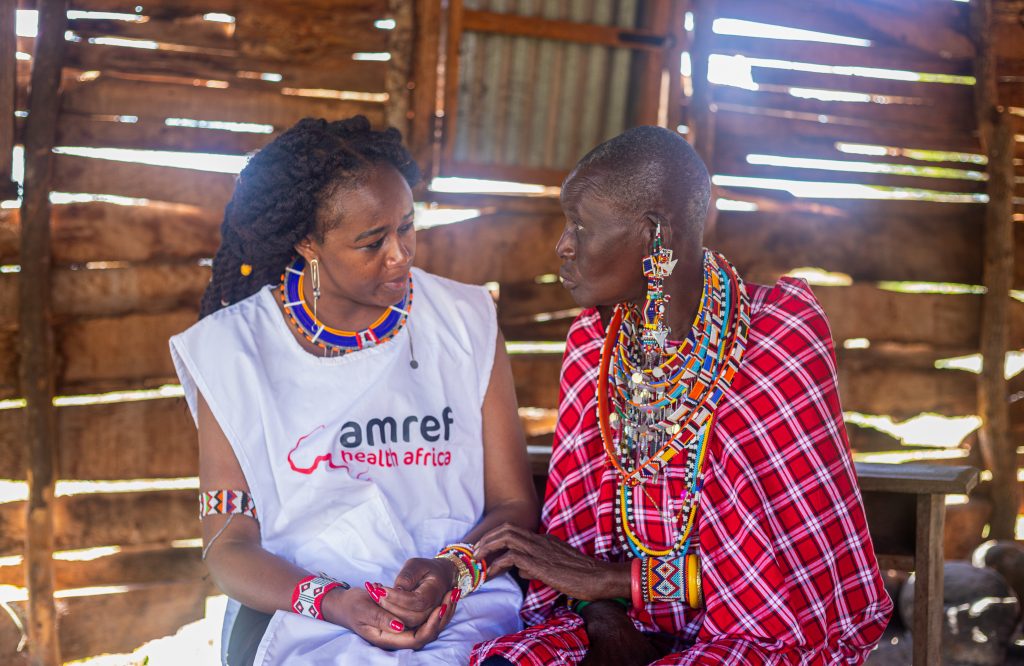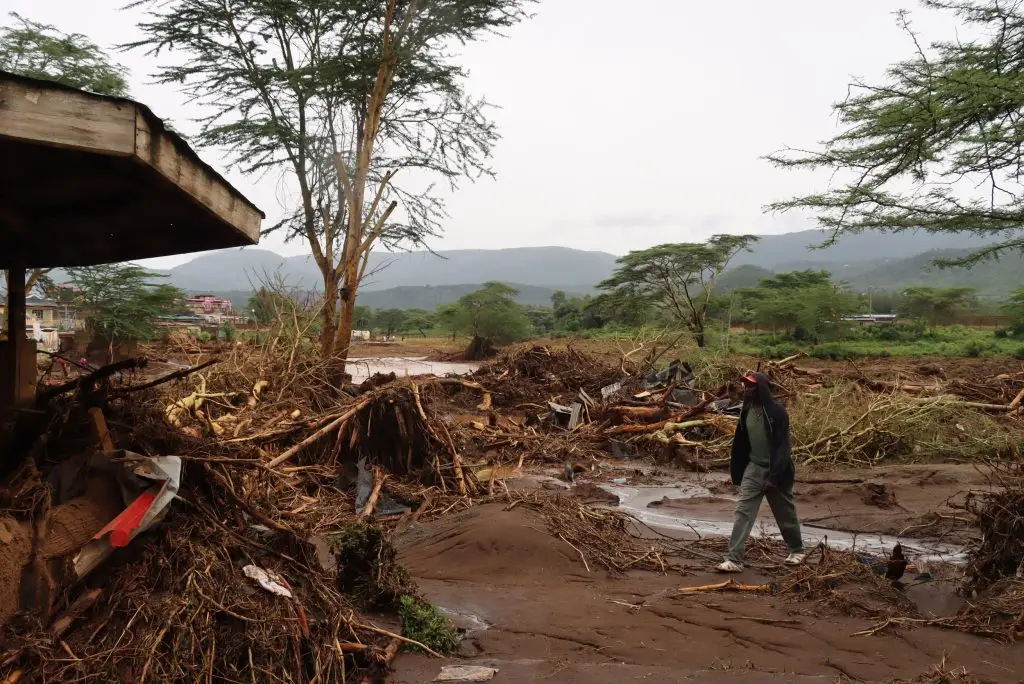Women and girls power a stronger Africa.
Healthy girls and women are the cornerstone of healthy societies.
If girls and women have access to health throughout their lives, they will deliver a healthier and wealthier world. But across the world, and in Africa, there are clear imbalances in power between men and women. This inequality drives poorer health for women and girls, their families, communities and nations.
The proportion of women who cannot access modern contraception is highest in sub-Saharan Africa – at 21%.
200m women and girls who are alive today have already undergone FGM/C.
Every year, 3 million girls are estimated to be at risk of FGM/C (4 girls every minute), and the majority of them live in Africa. Shockingly, this number is increasing.
What happens when women and girls are held back from deciding about their own health?
When women and girls do not control the decisions made about their bodies, health, and lives, it limits their futures.
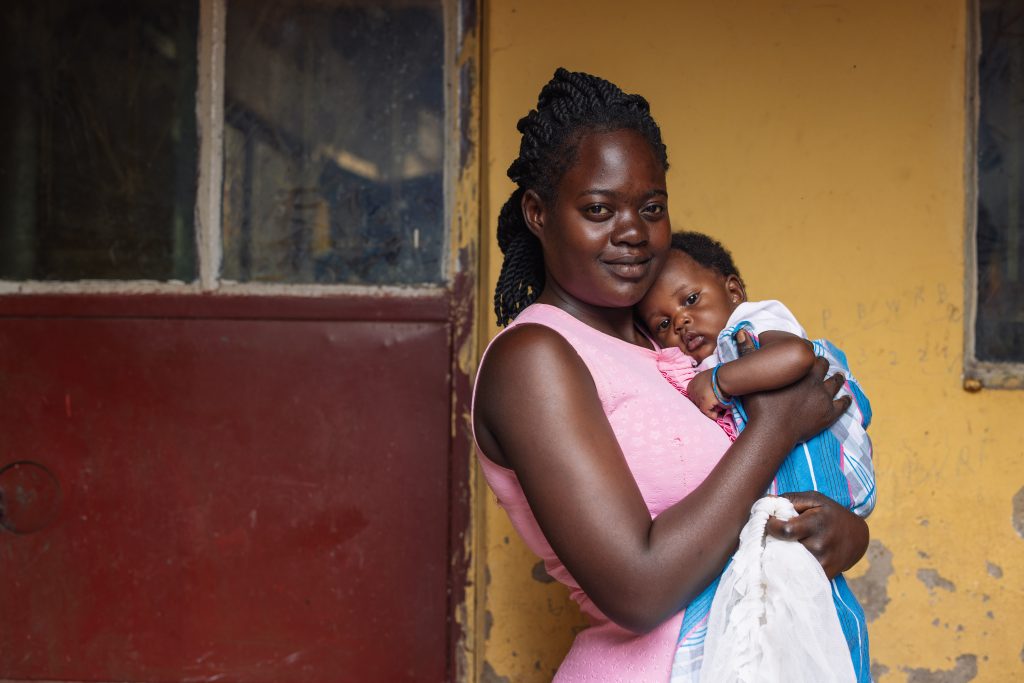
In many traditional households and societies particularly in rural areas of Africa, women and girls frequently bear an uneven burden of fetching water, caring for the young, sick or elderly, and carrying the family honour. This places heavy expectations on them, their freedoms and choices.
This often means they do not have the power to choose whom they marry, or when or with whom they have sex or children. It can mean that they are subjected to the trauma of Female Genital Mutilation (FGM/C). When they have children, it could mean they cannot choose how and where they give birth. This increases the risk of preventable deaths for mothers and children.
This has ripple effects far beyond an individual woman or girl.
Women are often primary caregivers. If they are struggling to access information and services to stay healthy, the whole family will feel the impact on their nutrition, education, and overall well-being. Gender inequity therefore slows down socio-economic growth.
What is Amref doing to help?
We know that it is not possible to achieve Health for All without gender equality. Our approach recognises women and girls as leaders in the mission to bring about lasting health change.
We also recognise that Health for All starts in the community. Our community-led work brings together all community members – women, girls, boys, men, cultural elders, religious leaders – to create open dialogues in safe spaces where people can challenge harmful social norms and claim their rights. In this way, communities collectively decide to end practices that drive gender inequality and support efforts to improve the health of women and girls.
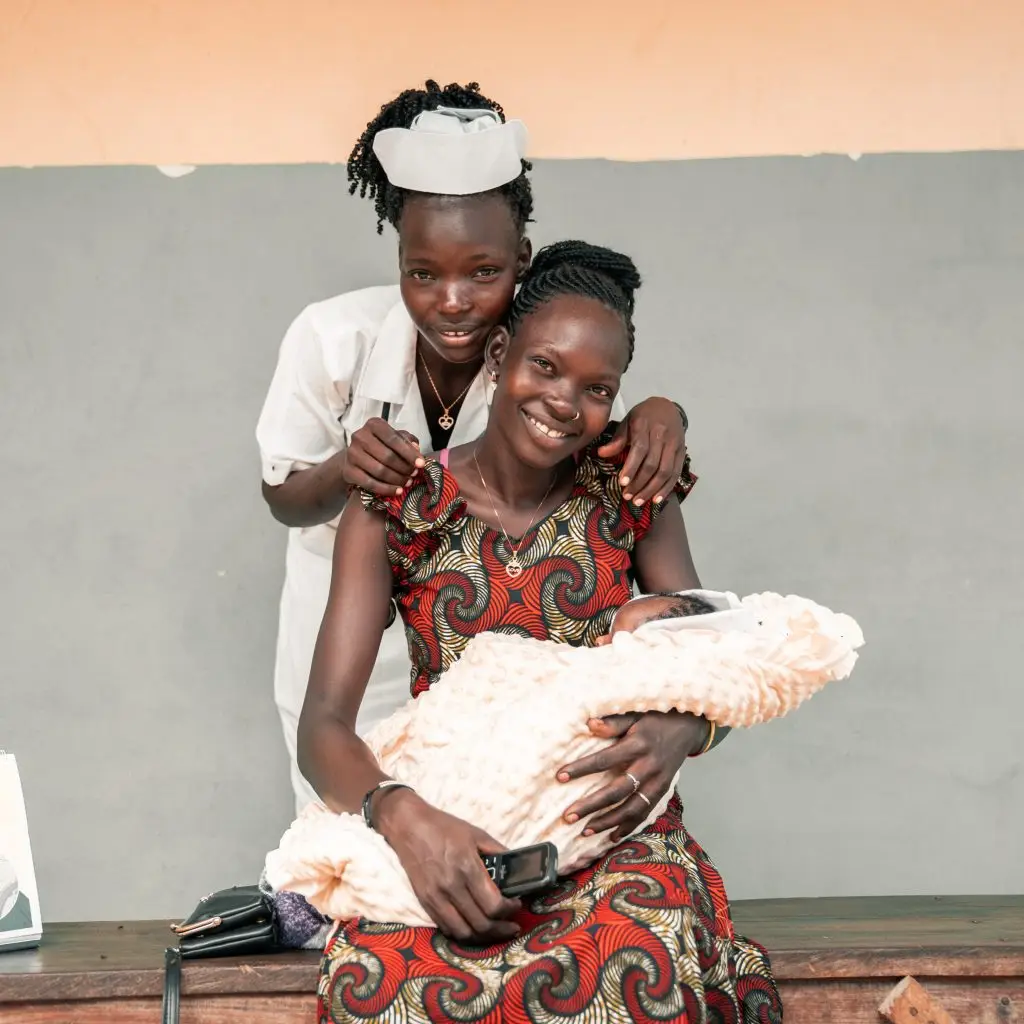
Maternal and Child Health
A stronger Africa starts at birth. Improving maternal health is at the heart of Amref’s work. We work to ensure that women across Africa can give birth safely and with dignity. We:
- Train and support midwives through face-to-face and online learning – meaning they have the option to upskill without having to take time off from their vital work.
- Train Community Health Workers who can advise women on what kind of support isavailable, and how to access it, with care delivered to them at home.
- Use mobile and outreach clinics to bring high-quality care to women’s homes and workplaces, so they can receive vital pre- and post-natal support without having to walk miles or take time out of earning a living.
Sexual and Reproductive Health and Rights (SRHR)
When women and girls can claim their rights, they build a stronger Africa. Crucially, we also support women to make informed choices about their sexual and reproductive health. We:
Include SRHR in our maternal health programmes so that women are equipped to make informed choices about family planning and contraception.
Design community-led activities including school health clubs and intergenerational dialogues which include men and boys in discussions about SRHR, to ensure that together they are informed and equipped to support and drive positive change.
Support girls and young women in their schools and homes so they grow up knowing what their rights are when it comes to sexual and reproductive health.


Ending Female Genital Mutilation/Cutting (FGM/C)
A stronger Africa has no place for FGM/C. FGM/C is the partial or total removal of external female genitalia or other injury to the female genital organs for non-medical reasons. It is known to be practised in 28 countries across Africa, commonly performed on girls as young as 8 – sometimes even from birth. Ending FGM/C is a crucial part of progress to achieve the Sustainable Development Goal on gender equality.
FGM/C is a violation of a girl’s or woman’s human rights. It is extremely painful and has no health benefits. In fact, its impact on survivors’ physical and mental well-being can be devastating, and life-long. The practice can cause severe bleeding, infection, pain during sex, and complications during childbirth. In some cases, it is fatal. It typically signals the end of a girl’s education, early marriage and pregnancy, all of which severely limit the lives of girls from an early age.
Amref works in partnership with grassroots activists and practising communities across Africa to reduce rates of FGM/C and defend a girl’s right to define her own future.
Amref understands that FGM/C is a complex practice, rooted in traditions that vary from community to community. That’s why we work with community advocates – including girls and young women, local leaders, elders, and former practitioners (“ex-cutters”) – to support the creation of tailored, community-specific solutions to ending FGM/C. Our solutions are all community-led, centred around dialogue, and involve awareness-raising and education to empower women and girls. We:
Start by listening to communities to understand what FGM/C means to them; only then can we begin to find a path towards ending the practice.
Developed the ‘Community-Led Alternative Rites of Passage’ model together with Maasai communities in Kajiado County. The ‘Alternative Rite of Passage’ retains the cultural significance of FGM/C without the physical or psychological damage of the cut, celebrating the transition into womanhood without inflicting harm.
Engage entire communities in dialogues to prepare for positive change. Change will only be meaningful, or sustainable, if the whole community is on board, from girls’ parents to the young men they are likely to marry; and from community and religious leaders to the cutters that often double as birth attendants.
Supporting young champions to end FGM/C
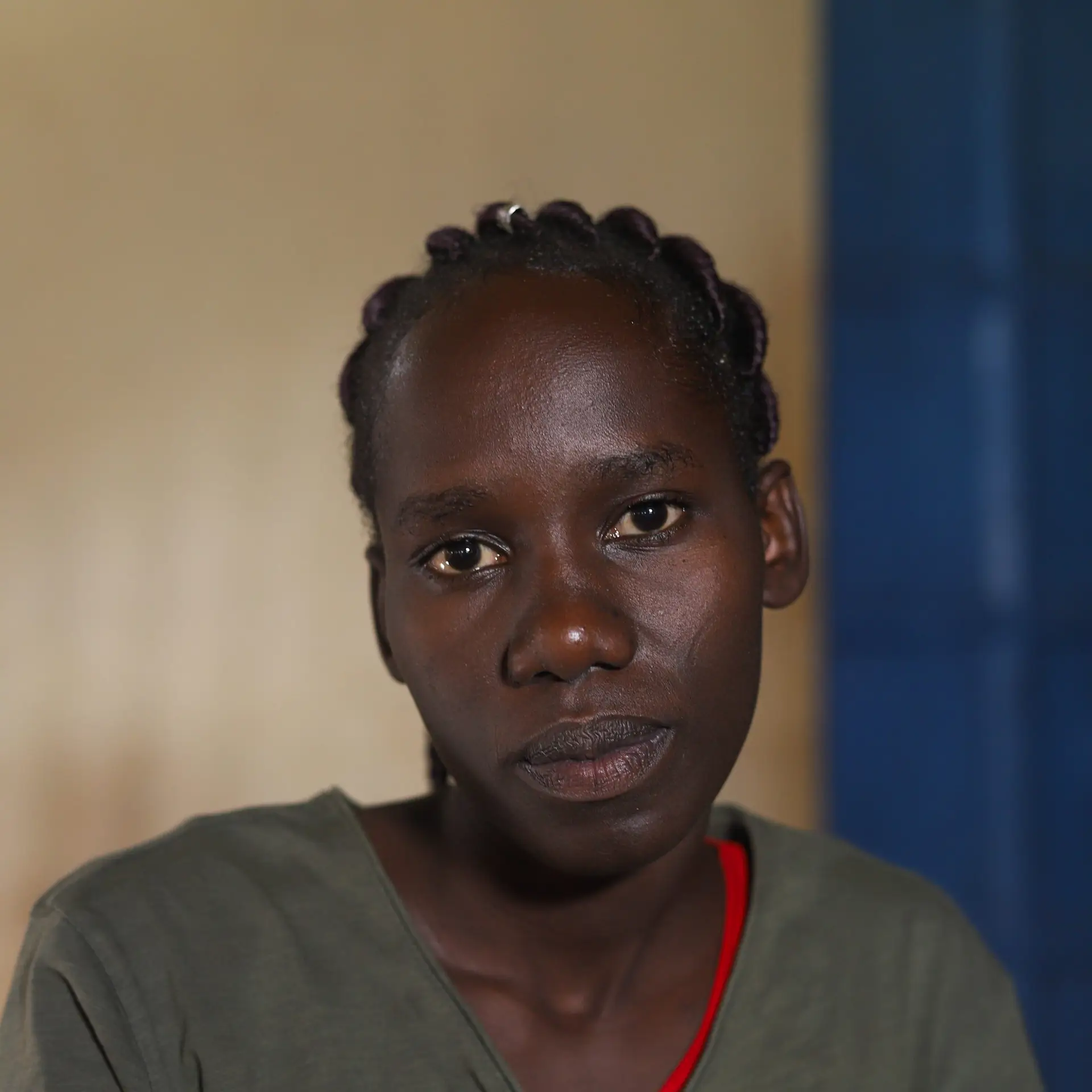
In Kenya, the rate of FGM/C varies by region and ethnic group. Nationally, progress has been made to end this harmful practice; the rate of 15–19-year-old girls who have undergone FGM/C is now at 15%, down from 21% in 2014. (KDCS, 2022)
Kajiado County is home to the Maasai community, where FGM/C is a deeply entrenched traditional practice signalling a girl’s rite of passage. For more than a decade, Amref has been working with communities in Kajiado to bring about an end to the pain and trauma of the cut. Together, we’re making progress.
An independent evaluation conducted by the National Institute of Health in 2020 found that the ‘Community-Led Alternative Rites of Passage’ model had contributed to a 24% reduction in cases of FGM/C in Kajiado County, Kenya, over a ten-year period.
Jane’s sister was 13 when she was forced to undergo the cut of FGM/C. Jane saw it all, and that moment changed her forever. She ran away, seeking shelter from the threat of the cut, and support to help her advocate for herself and the other girls in her community. Today, she’s a strong end FGM/C advocate, helping to drive change in her community.
